April is CUNA Youth Month, a time when credit unions around the country join together to promote youth financial literacy. When looking for literacy material for kids, there tends to be a lot of material for younger kids, including activities and stories similar to what we've shared on our CUNA Youth Month page. However, there's not a lot of material for older kids, who are reaching the age where they're starting to manage their own money and have to consider things like bills, credit, and taxes.
Below is a BALANCE blog post with things your teen should know about their first job (but they probably don't). If you're looking for additional literacy resources for your teen/young adult, BALANCE offers entire tool kits for teens and those just starting out.
There are a lot of monumental moments in parenthood. Beyond the first steps and the first day of school, you, as a parent, will be helping to navigate your child through their life. Your teen’s very first job is a big moment, too. Not only can they begin earning their own money but working for the first time will give them a sense of purpose and independence. Aside from that, a teen’s first job is their introduction to the real world, and as a parent, it’s a good idea if you help them navigate this new experience. There are a few things your teen probably doesn’t know about their very first job that they should. Before your teen starts their position, discuss these essential aspects of working.
Paychecks and taxes
When your teen is hired for their first job, they are generally paid hourly. They will likely plan on spending it on their favorite things right away. Expectations for that first “big” paycheck will be big. It’s typical and even expected for a teen to know very little about how paychecks are taxed.
Before your teenager gets their first pay stub, sit down with them to explain taxes and how much of their hourly rate will be missing. Sure, it will seem like a buzzkill, but your child needs to understand how much money they’ll get each week after taxes get paid. Work through the math and explain where their cash is going. It will help them not only understand how everything works but also help them avoid feeling disappointed when their very first paycheck arrives.
Budgets, expenses, and savings
First jobs are a great learning experience, but they shouldn’t be expected to pay all the bills. Help your teen figure out a budget that fits your family’s expectations. It might be helpful to show your teenager your budget and how your money gets divided across multiple bills.
If your teen is looking to save money for their first car, college, or a trip they are desperate to take, work with them to establish a percentage of their weekly or biweekly pay that should be set aside for those exciting milestones—after their bills get paid. Also, don’t forget to set a budget for discretionary spending and entertainment. Those categories are likely to interest a young adult or teenager.
Discuss appropriate dress with your teen
Some first-time jobs require your teenager to wear a uniform, while other workplaces will give them free rein on their appearance. So while this tip might not be directly about money, it is money-related. Talk to your teen about the dress code at their new job. What are they expected to wear? How will they purchase the clothing they need for their job? How will they add to their wardrobe as required?
As a parent, you may be willing to help your child with their job-related outlay regarding clothing, but it’s a great idea to discuss building work-related clothing into their budget. Your teen may feel a bit bummed about the concept of buying work clothing with their freshly earned paycheck, but it’s a great way to help them understand how things work in the adult world.
You should also discuss grooming expectations based on the job they take. For example, some jobs require their employees to be clean-shaven, while others ask young employees to remove or hide piercings. Discussing how to adhere to these rules will help your teen succeed in the workplace.
The blog post above was shared from BALANCE. For more information and similar resources, click here.





